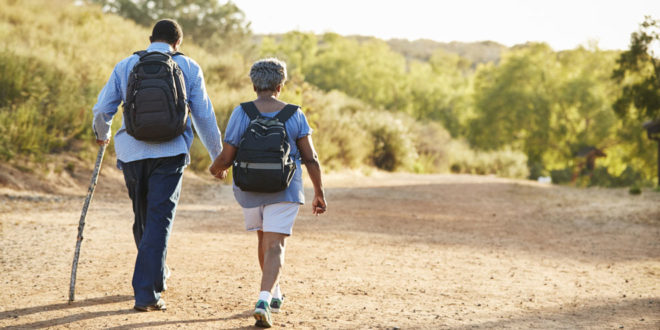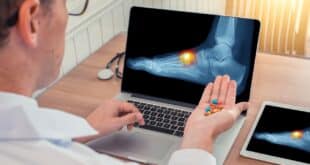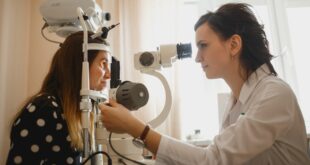Osteoarthritis is the most common of all joint diseases. It starts in the 40s and 50s but will mostly likely affect everyone to some degree by the age of 80. The most common joints affected are the fingers, base of the thumbs, neck, lower back, big toes, hips, and knees.1
My symptoms went right along with the diagnosis. I had pain (worse in the morning and after activity), stiffness (also worse in the morning), limited range of motion, swelling, and my knee “giving out” at times.
Helpful Tips
At first I planned to not tell anyone but family that I had osteoarthritis. But in the three months since my diagnosis, I’ve discovered some things that have helped me. These tips just might be of to help you if you also have this condition:
Physical therapy: A physical therapist can provide massage, ultrasound and heat treatments that help reduce pain and inflammation. He or she can also get you started on a customized program. The program can make a big difference in the amount of pain and mobility you experience.
Exercise: Although it may hurt to daily exercise a sore joint, being immobile will actually worsen your condition. Your doctor or physical therapist can suggest an exercise program that will help heal rather than further damage your joints.
Stretching: This is also a daily must. Once again, your doctor or physical therapist can suggest what’s best for you. Stretching will keep you limber and strengthen the area around your joints.
Diet: As with any ailment, it’s important for those with osteoarthritis to eat a healthy diet. If you’re not sure what that entails, meet with a nutritionist or do your own research. Basically, a diet rich in fruits, vegetables, whole grains and proteins will do your body more good that refined foods.
Sleep: Getting adequate sleep gives your joints time to heal and your body hours to recover from the stress and discomfort of the day.
De-stress: It’s a know fact that stress can exacerbate osteoarthritis. So take a look at your life and find ways to alleviate your stresses, or ways to mange those that are a part of daily life.
Anti-inflammatory medications: These can be helpful temporarily, but first check with your doctor in order to find the best medication and correct dosage for you.
Positive Attitude: This is new to my personal list. We were created with minds that greatly affect or bodies. I’ll admit that there are days when I want to have a “pity party” for myself because I want to do an activity that my knees won’t allow me to. So on good days I will rejoice, and on painful days I will literally take life one step at a time.
I can’t make the osteoarthritis go away, but I can do my best to manage it and live my life to the fullest—in spite of limitations.
Nancy Canwell writes from the Pacific Northwest.
1. Online Merck Manual, Osteoarthritis
© 2002 - 2024, AnswersForMe.org. All rights reserved. Click here for content usage information. Answers for Me Support & encouragement for every-day life
Answers for Me Support & encouragement for every-day life



